First, the good news: US inflation is down. Now the bad news: US inflation isn’t down by as much as a lot of people were expecting. Cue quite a lot of confusion on the markets. First, the S&P 500 plunged by 0.5 per cent, then it rose by 1 per cent, then it was more or less back to where it started the day. The FTSE100 has performed a similar gyration: first erasing its daily gain and then regaining it, to finish nearly 1.5 per cent up on the day.
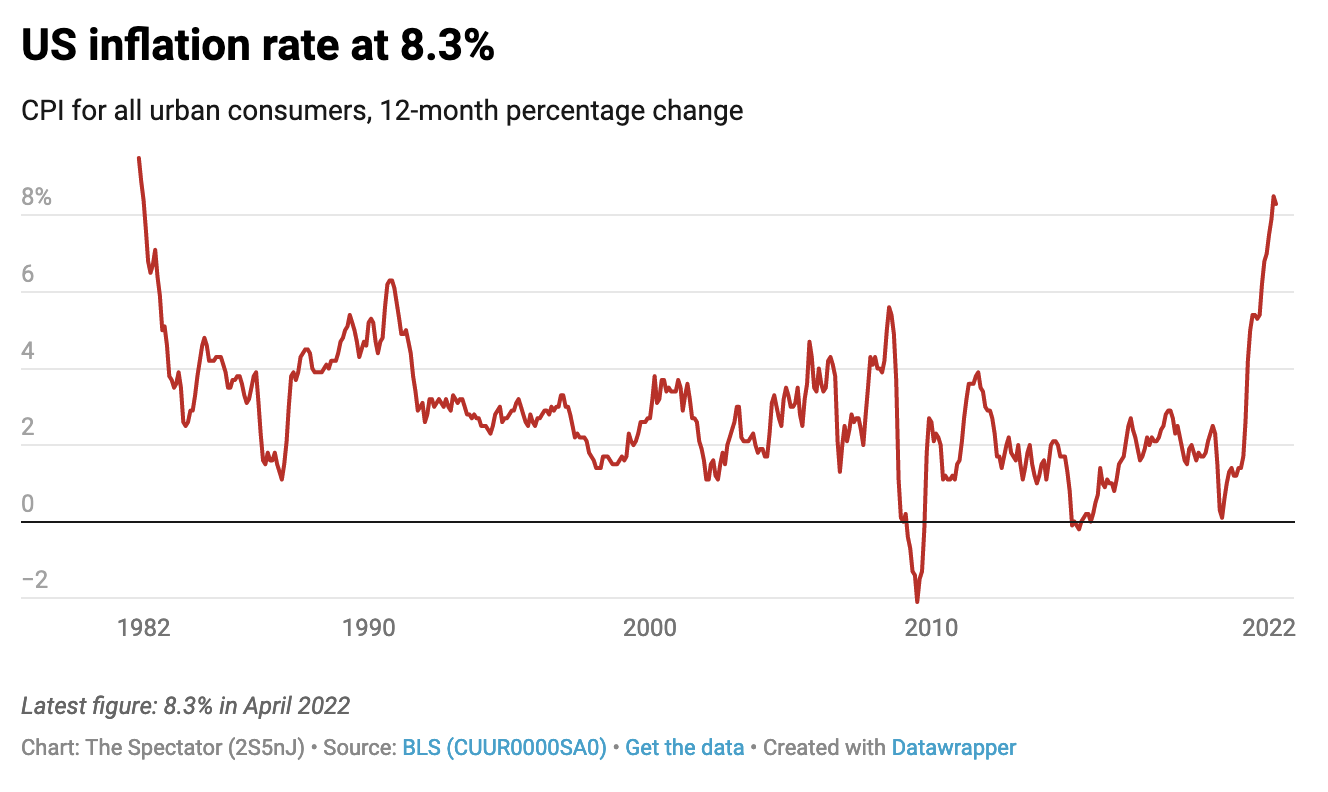
So, is it positive or negative news that US consumer inflation has fallen from 8.5 per cent in March to 8.3 per cent in April? Today’s news can be used to support fears that the spike in global inflation is not merely transitory. It will have a long tail, even if oil and gas prices – one of the main drivers of inflation over the past year – have now fallen back a little. High inflation has reset expectations in the minds of manufacturers, retailers and employees alike: all feel in the mood for raising their prices to see what they can get away with.
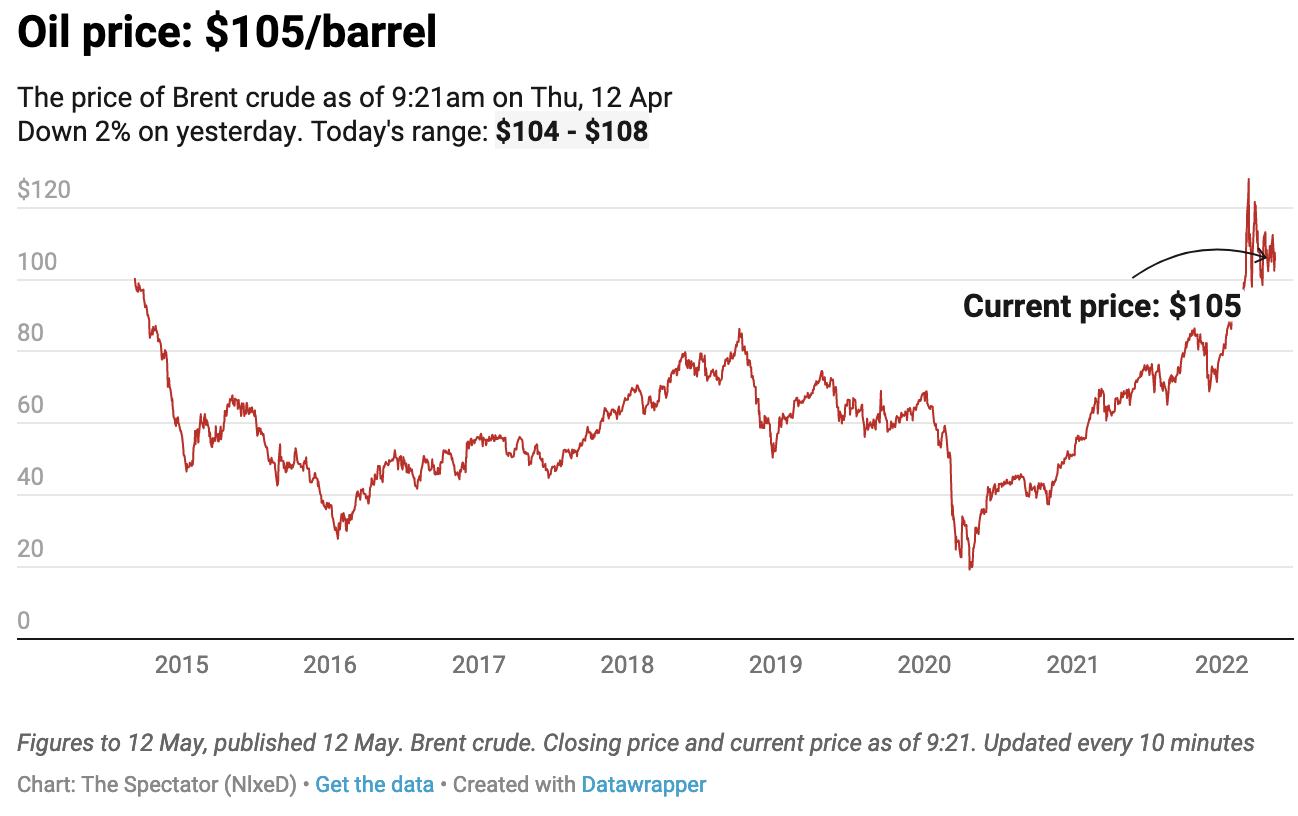
On the other hand, today’s figures have proved right, for now, the economic forecasters who at the beginning of the year predicted that inflation would peak in April. Assuming that next month’s figures show another fall, then it will be easier to argue that the blip in inflation is just a delayed reaction to Covid lockdowns, caused by a rebound in demand and a constriction in supply – and that therefore central banks do not need to react with too much in the way of interest rate hikes.
But then we are in a weird age in which bad economic news often powers markets upwards and good economic news leaves them wilting. What would really please many investors would be if the Fed and other central banks suddenly switched from worrying about inflation to worrying about recession. That would lead to a fall in expectations over interest rates and lead many to hope that the bubble in asset prices of the past decade could be reinflated.
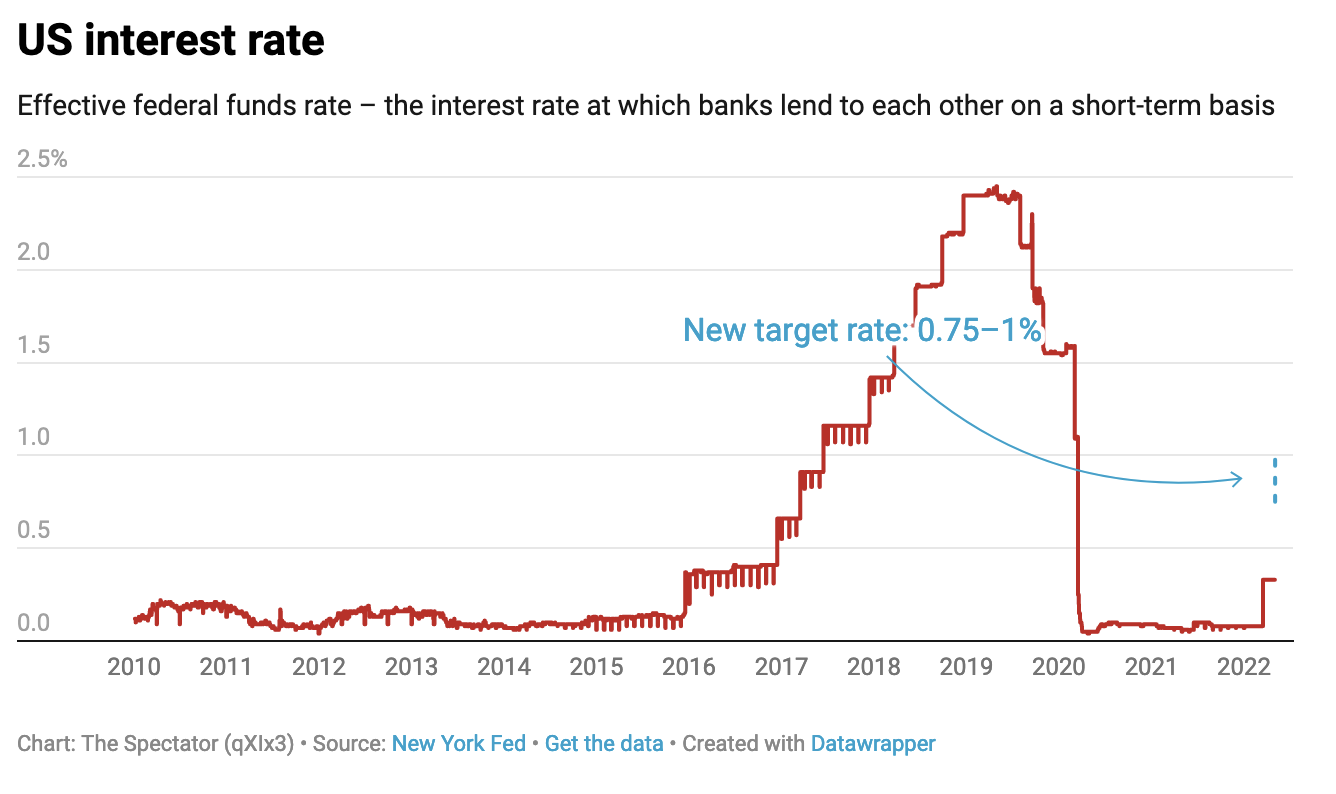
The other factor at play is that sooner or later investors are going to work out that if we end up with high sustained inflation and strongly negative real interest rates, stock markets are not such bad places to be. True, some companies have been hit in recent months as they have faced high raw materials prices, but it is clear from consumer price indices that many are finding it possible to pass at least some of that pain onto consumers. We have already seen this week how money has flowed into tobacco and consumer stocks – not only are they relative safe havens in a storm, they are not bad hedges against inflation.
It is in the bond markets where the misery ought to lie. For three decades the world has experienced a downward trend in interest rates, to the point at which investors seemed happy to lend to governments for many years into the future at next to zero interest. In some cases, they have even lent governments money at interest rates of less than zero. Now, we are going through a significant reset in expectations for interest rates – and it cannot be anything but devastating for fixed-interest bonds.
It is bond markets that have suffered the most today – while shares have weathered the inflation rise well. That might become a theme over the next few months.
Got something to add? Join the discussion and comment below.
Get 10 issues for just $10
Subscribe to The Spectator Australia today for the next 10 magazine issues, plus full online access, for just $10.





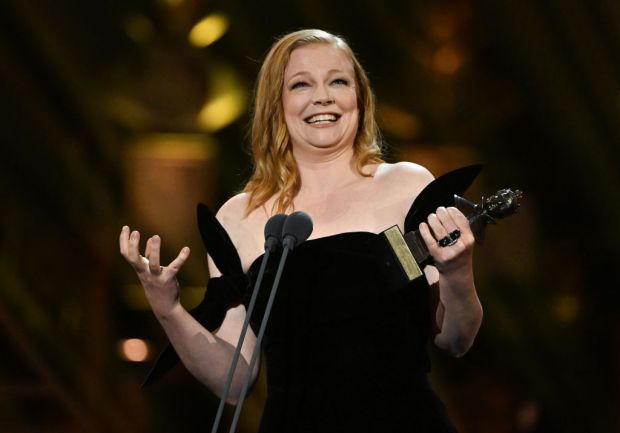
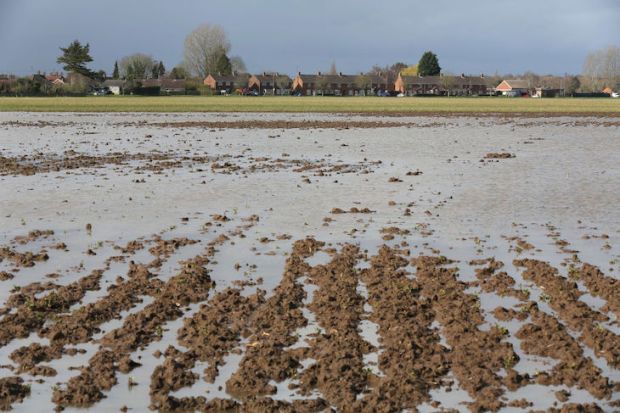
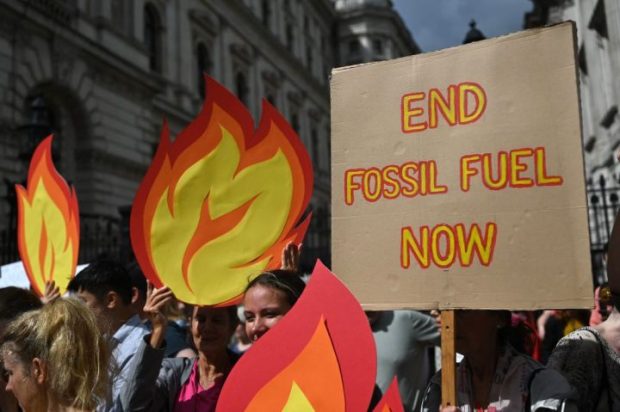












Comments
Don't miss out
Join the conversation with other Spectator Australia readers. Subscribe to leave a comment.
SUBSCRIBEAlready a subscriber? Log in